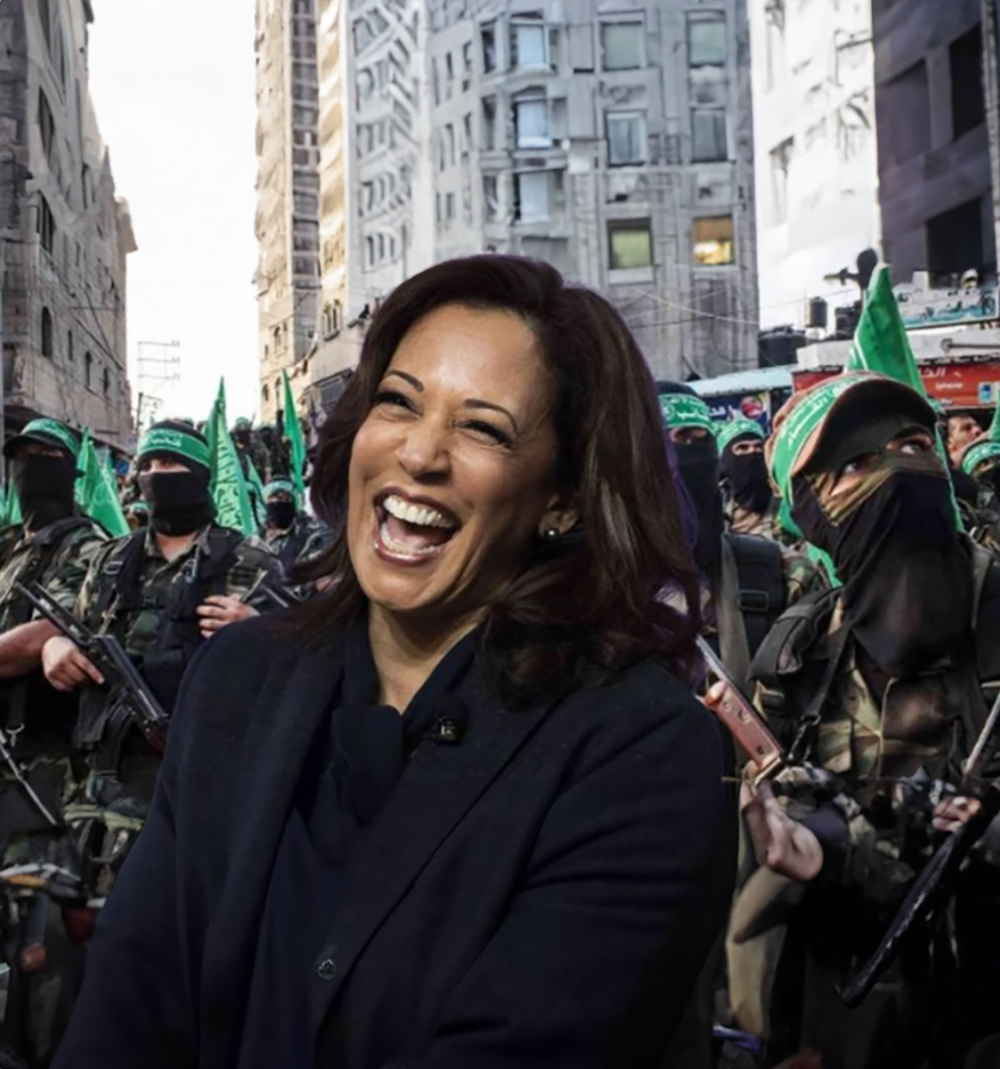|
Getting your Trinity Audio player ready...
|
(TJV) Vice President Kamala Harris’s campaign is facing sharp criticism after a series of star-studded concerts held before Election Day reportedly left the Democratic team saddled with at least $20 million in debt. Sources within the campaign and media outlets reveal that the lavish performances, featuring artists like Lady Gaga, Katy Perry, Christina Aguilera, and Bon Jovi, not only depleted the campaign’s funds but also left staff and vendors uncertain about payments.
🇺🇸 Kamala Harris’s team reportedly spent the following:
• Oprah: $1m
• Concerts: $20m
• Influencers: $4m
• Call Her Daddy set: $100kThe campaign ended $20 million in debt, after raising over $1 billion. pic.twitter.com/ZhlCpO4wnG
— Remarks (@remarks) November 9, 2024
The concerts, part of a last-minute push to energize voter turnout, were held in major cities including Detroit, Las Vegas, Pittsburgh, and Philadelphia, with an additional event featuring rapper 2 Chainz in Atlanta just days before the election. The events were promoted as a celebration of Harris’s campaign and an effort to galvanize support; however, they’ve become emblematic of financial mismanagement within the Democratic operation.
Internal Tensions and Budget Strain
Reports suggest that the concert initiative was spearheaded by Stephanie Cutter and David Plouffe, both veterans of Barack Obama’s campaign, but faced internal resistance. Campaign chairwoman Jen O’Malley Dillon reportedly hesitated to approve the concerts, delaying the green light and inadvertently increasing costs due to last-minute planning. Critics within the campaign argued that rushing the organization of large-scale events significantly drove up production expenses. One insider remarked, “Putting these together last minute makes them cost twice as much.”
Adding to the strain, a planned performance by Alanis Morissette was canceled in a bid to save money, signaling the campaign’s awareness of mounting costs. Despite these measures, the concerts ultimately pushed the budget to its breaking point.
🚨🔥 Kamala Paid Beyonce $10 Million
Paid another $10 million for other artists to twerk at her rallies in front of little children
SHE SPENT $1 Billion Dollars in a 3 months
Noes she’s $20 million in Debt!
but she was going to save the world ?
— Terrence K. Williams (@w_terrence) November 14, 2024
By the final week before Election Day, campaign leaders realized that nearly all of their $1 billion war chest had been spent, leaving little room for essential election-day expenses. Efforts to scale back included cutting performers in some cities, but the projected cost of $15 million to $20 million for the concerts still ballooned due to budget overruns.
Staff and Vendor Concerns
The financial fallout from the concerts has left many campaign staffers and vendors anxious about receiving payments. One insider disclosed, “They had huge advance teams for these concerts, with 40 to 60 people working in some cities. Now, many of them haven’t been reimbursed, and vendors are beginning to voice their frustrations.”
The campaign’s finance team is reportedly working to finalize the balance sheet, with assurances that no one has been stiffed so far. However, critics are skeptical, pointing to delays in payments and the scale of the debt as signs of deeper issues.
The Kamala Concert Series will go down as perhaps the biggest waste of campaign dollars in history. The return on investment had to be in the negative. Now the campaign is $20m in debt after raising a billion dollars?! pic.twitter.com/Hfi7O3nlK1
— Nick Summy (@nicksummy) November 7, 2024
Criticism Over Campaign Strategy
The decision to spend heavily on concerts rather than ads targeting key issues like inflation has also drawn criticism from political observers and insiders alike. A source close to the campaign called the concerts “a real misuse of funds,” adding, “It didn’t matter to have a bunch of celebrities talking to no one because, one, 75 million people had already voted, and two, people were more concerned about their financial struggles than hearing Oprah tell them America wouldn’t exist without voting.”
Some have questioned whether the concerts had any meaningful impact on voter turnout. With millions of Americans struggling under economic pressures, the spectacle of high-profile performances may have seemed out of touch with voters’ concerns.
Post-Election Fallout
Despite raising substantial funds during the 107-day-long campaign, Harris’s team now finds itself at least $20 million in debt, according to reports from Politico. Donation pages remain active post-election as the campaign seeks to address the shortfall, but the financial mismanagement has cast a shadow over Harris’s political future.
No wonder our ecomomy is in the sh*tter. Kamala went this far in debt just funding her sham 3 month campaign. She couldn’t even live within her budget for 90 days, people. 🙇♀️🤦♀️ pic.twitter.com/IBXiFoOIlS
— BellaBaby 🇺🇸 🇺🇸 (@Bella19860526) November 20, 2024
The criticism extends beyond financial woes to what some perceive as a misalignment of priorities. “They could have used that money on ads outlining a clear economic policy,” one insider noted. Instead, the campaign’s focus on celebrity endorsements and large-scale events failed to connect with voters grappling with real-life challenges.
As the campaign faces mounting scrutiny, questions remain about how such significant budgetary missteps occurred and whether they could have been avoided with better planning and





